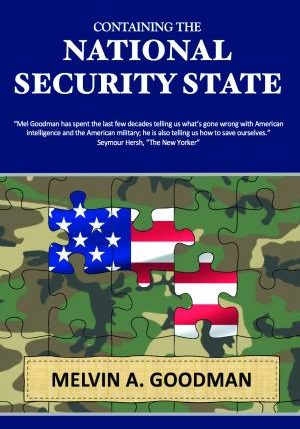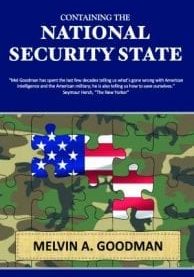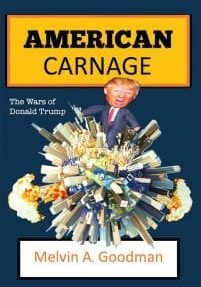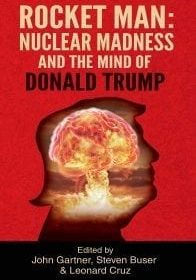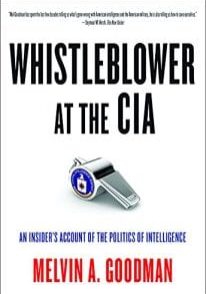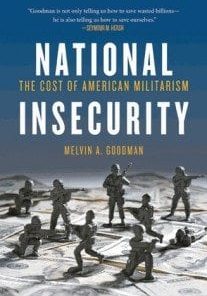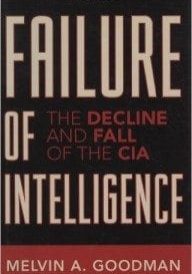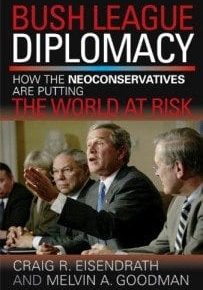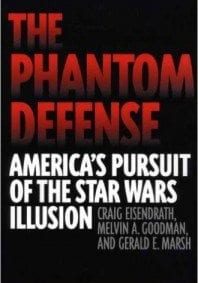Latest Release
Containing the National Security State represents more than 100 editorials that assess the militarization of U.S. governance and U.S. foreign policy.
Latest News
The Atlantic Joins the Chorus of Fear
More time should be devoted to the study of diplomatic history in order to examine precedents for improving bilateral relations. Fear is driving us toward arms races; diplomacy could drive us to arms control and disarmament as well as a more stable international environment.
Two Wars, Five Losing Nations
The United States, complicit in Israel’s genocidal actions and sending conflicting signals regarding Ukraine and Gaza, is also losing in terms of influence and standing. The international community understands the hypocrisy of the Biden administration that condemns the terrorism of Russia but allows the terrorism of Israel. The United States has been Israel’s political shield on the global stage for the past 75 years. A New York Times editorial on Monday continued to support Biden’s most recent veto of a Security Council resolution calling for an immediate cease-fire in Gaza.
CIA’s Torture and Abuse: America’s Shame!
Lawrence Wright, the special counsel who investigated the Iran-contra scandal, concluded that the “failure to punish governmental lawbreakers feeds the perception that public officials are not wholly accountable for their actions. It also may lead the public to believe that no real wrongdoing took place.” This certainly applies to all those involved in CIA’s torture program.
Never Forget Who Donald Trump Really Is
“You didn’t pay? You’re delinquent! No, I would not protect you. In fact, I would encourage them to do whatever the hell they want. You gotta pay. You gotta pay your bills.” – Donald Trump, February 10, 2024, responding allegedly to a “leader of a big state” who asked “If we don’t pay” enough to…

